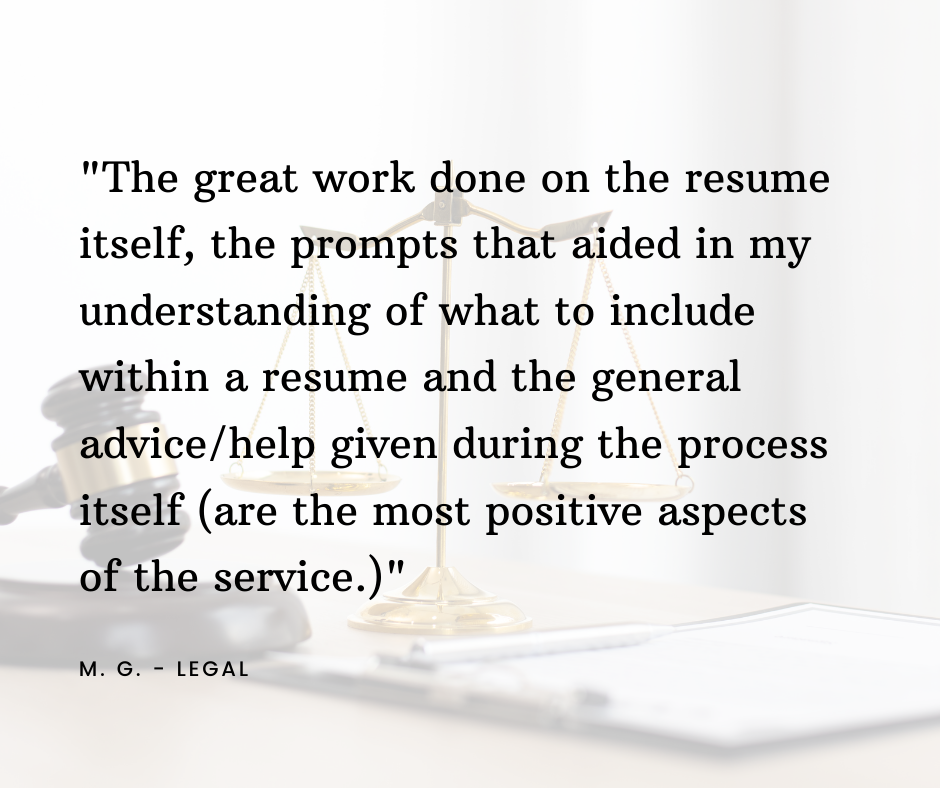Hint – The Answer is Both!
“Why does the formatting matter so much; isn’t the experience the most important thing?”
“I don’t know how ANYONE could read their experience! The format of the resume is a MESS!”
Both of these are comments I’ve heard from students during my resume-writing workshops. And both of these comments reflect the opinions of hiring managers on the matter. While some hiring managers and recruiters can look past a challenging design to mine for the content beneath, the truth is that many won’t. And while a stunning design might get a first glance, if there’s no substance and only sparkle, it’s going to end up in file 13.

Use Format and Content Strategically
What I teach my students – and what I do for my clients – is to use both format and content strategically. While there are certain format and content standards that most recruiters and hiring managers want your resume to meet, there is plenty of wiggle room within those standards to strategize based on your strengths and biggest selling points while minimizing red flags. For example…
- Did you just graduate? Move your education to the top of the resume! Let your newly minted bachelor’s degree be the first thing hiring managers see.
- Are you making a career transition? Start each of your bullet points with a keyword that demonstrates how your previous experience shows your aptitude for your new role.
- Is your most relevant experience older? Use a career profile that allows you to highlight that experience before you jump into your chronological work history.
Avoid Format and Content Faux Pas
While your content and formatting is yours and should be customized accordingly, there are a few faux pas to be on the lookout for, including…
- Just say no to the functional resume. Except for in some extreme circumstances, hiring managers and recruiters just don’t like it, not to mention its ATS compatibility (or lack thereof).
- Avoid confusing headers. These aren’t ATS compliant and they can make your resume hard to read for individuals too – especially if those individuals have been looking at tons of resumes all day!
- Don’t go back too far. Even if your older experience is very impressive, including on your resume could be a faux pas depending on your goal. However, there are times when it makes sense to highlight older experiences. Fortunately, tools like LinkedIn give us even more options when it comes to this question.
Like so many things in life, there are few hard and fast rules when it comes to resume content and strategy, but it’s safe to say that both are important, and taking the time to develop a strategic plan for your resume is worth it – my students and clients tell me so!
If you’d like to chat about how to develop a resume strategy, feel free to book a free resume review or initial consultation here – https://morleycareersolutions.com/contact/
